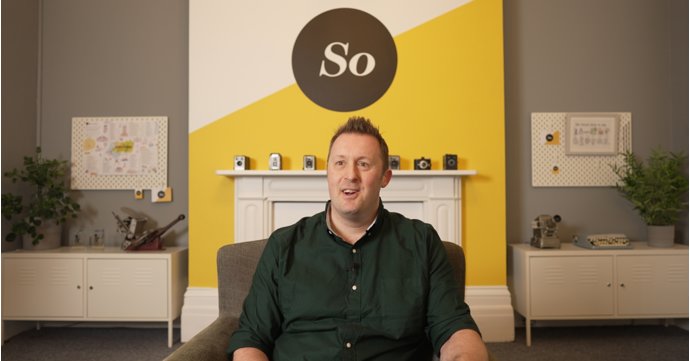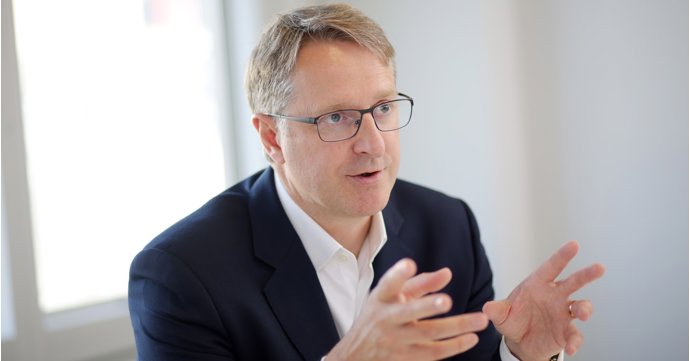The world of recruitment is shape shifting with the introduction of gamification – bringing tests, puzzles, psychometrics, teamwork and problem solving to the fore.
SoGlos spoke to Cheltenham-based Brave Human Capital Group about future trends and the evolution of recruitment in a post pandemic world.
About the expert – James Fleming, managing director of Brave Human Capital Group

Brave builds bespoke HR and resourcing solutions for businesses, focusing on a company’s strengths, people and vision. It believes passionately that people are at the heart of a business and makes it a priority to help them perform to their full potential – to make the business a success.
Has recruitment changed since the pandemic and, if so, in what ways?
I actually think recruitment had started to change prior to the pandemic, but it hadn’t been widely appreciated or recognised. And in some ways, I think the pandemic has actually helped recruitment.
It has given recruiters the opportunity to meet their candidates face to face (albeit via a screen) before meeting them in person (if at all) and it’s added to the speed of the process as candidates and clients are more accessible.
The pandemic has also opened up a global talent pool. Prior to the lockdowns, a lot of recruitment was local and based on an agent’s personal network. This limited the talent businesses had access to. In the post pandemic world, with Microsoft Teams and at-home working, you can literally hire the best people wherever they are in the world – and this can only be a good thing.
However, whilst there are significant positives (I’m always glass half full), the pandemic has created some challenges, particularly with candidate attraction.
Since the pandemic there is less appetite to move – particularly at roles under £30,000 per annum. This is caused by worries about stability and also reflects the fact that good people have been valued by their employers, so aren’t moving.
Prior to the pandemic you used to be able to get away with paying people £1,000 or £2,000 more and they would move. This isn’t the case now.
What are the best or most effective recruitment channels and why?
Ha, a common question. One method alone won’t be successful – you need a variety of channels and methods.
These will be made up of job boards like Indeed, Reed, Total Jobs, LinkedIn and other social media. Direct searches and headhunting are good, plus a focus on your employee value proposition – which is becoming more important.
The best channel or method will depend entirely on the role and sector.
What do you predict will be the next popular trend in recruitment?
The continued trend is towards doing recruitment yourself and limiting agency exposure. It’s much cheaper this way, rather than paying significant percentage-based recruitment fees.
The rise in the global talent pool is a big one, meaning recruiters will need to be prepared to widen their search.
Movements like Black Lives Matter have created a much-needed focus on bias and diversity, too.
Recruitment processes that are objective with detailed assessment will become more important and valued, rather than the who you know or old boys club approach we’ve seen previously, especially at a senior level.
The other trend I’m excited about is the gamification of recruitment – tests, puzzles, psychometrics, teamwork and problem solving.
This will not only aid diverse, thorough recruitment and candidate assessment but will also appeal to the tech-savvy generation and give real insight into how candidates work.
What are the biggest mistakes you often notice in firms’ recruitment campaigns?
Simple. Over reliance on job boards. Reliance on personal networks to recruitment from. Over reliance on traditional agencies.
What advice can you give businesses looking to recruit new top talent?
Think about who you want to hire, think about what they’re interested in, think about your recruitment proposition and make sure it matches the candidates’ preferences.
Also think about where they go, what they read and make sure your advert is in those spaces, rather than just on Indeed or pumped through an agency.
Recruitment is tough and you need to be prepared to spend the time to get the right candidate in.
What is the most powerful part of the recruitment process?
The interviews and candidate assessment.


















